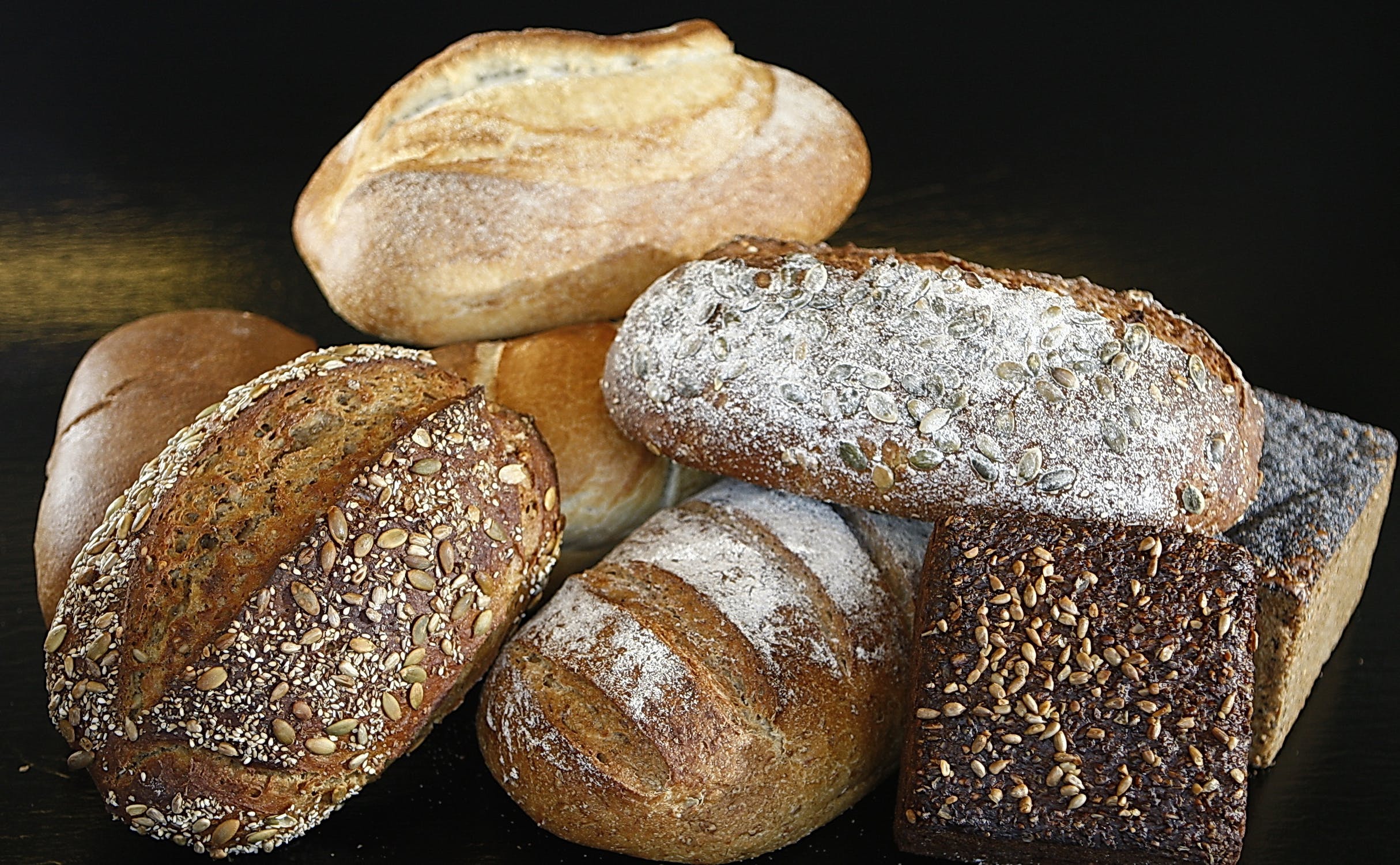 The trend of a low-carb or even no-carb diet has been increasing in popularity over the past decade. But have we been accidentally stereotyping our favorite foods? What if we could enjoy our slices of bread and pasta after all?
The trend of a low-carb or even no-carb diet has been increasing in popularity over the past decade. But have we been accidentally stereotyping our favorite foods? What if we could enjoy our slices of bread and pasta after all?
Many are enticed by the promise of quick weight loss that seems to come with cutting out carbs. However, this can be tricky to stick to long-term. On average, 50% of calories consumed in the adult American diet are from carbohydrates. And the idea of cutting out carbs completely would include the fundamentals of a healthy diet like fruits, vegetables, legumes, and whole grains.
So why do all carbs seem to get a bad reputation?
Dr. David Ludwig, professor of nutrition at the Harvard School of Public Health and the co-director of the New Balance Foundation Obesity Prevention Center Boston Children’s Hospital, sought to better understand and explain the varying types of carbs and how they can affect your health.
Bread and pasta are often demonized, however, it is much more complex than that! “When you eat a whole-kernel, minimally processed grain … they take a while to digest. Blood sugar rises relatively more gently. You produce less insulin calorie for calorie,” Ludwig explains.
“Slow” carbs like whole grains, fruits, vegetables, and legumes, take a while to digest and are often rich in nutrients like fiber, zinc, magnesium and Vitamin E. However, when you eat white bread or another carbohydrate made from refined starch, it can raise your blood sugars sending a signal to your brain to store fat and leave you hungry.
Currently, Americans are likely to lack whole grain consumption and actually exceed the recommended amount of refined grains. Fiber-rich foods, like whole grain bread, leave you feeling full for longer with their fiber, fat, and protein. You don’t have to cut out all carbs, just the highly processed or refined.
To learn more: You Don’t Have To Go No-Carb: Instead, Think Slow Carb – NPR








